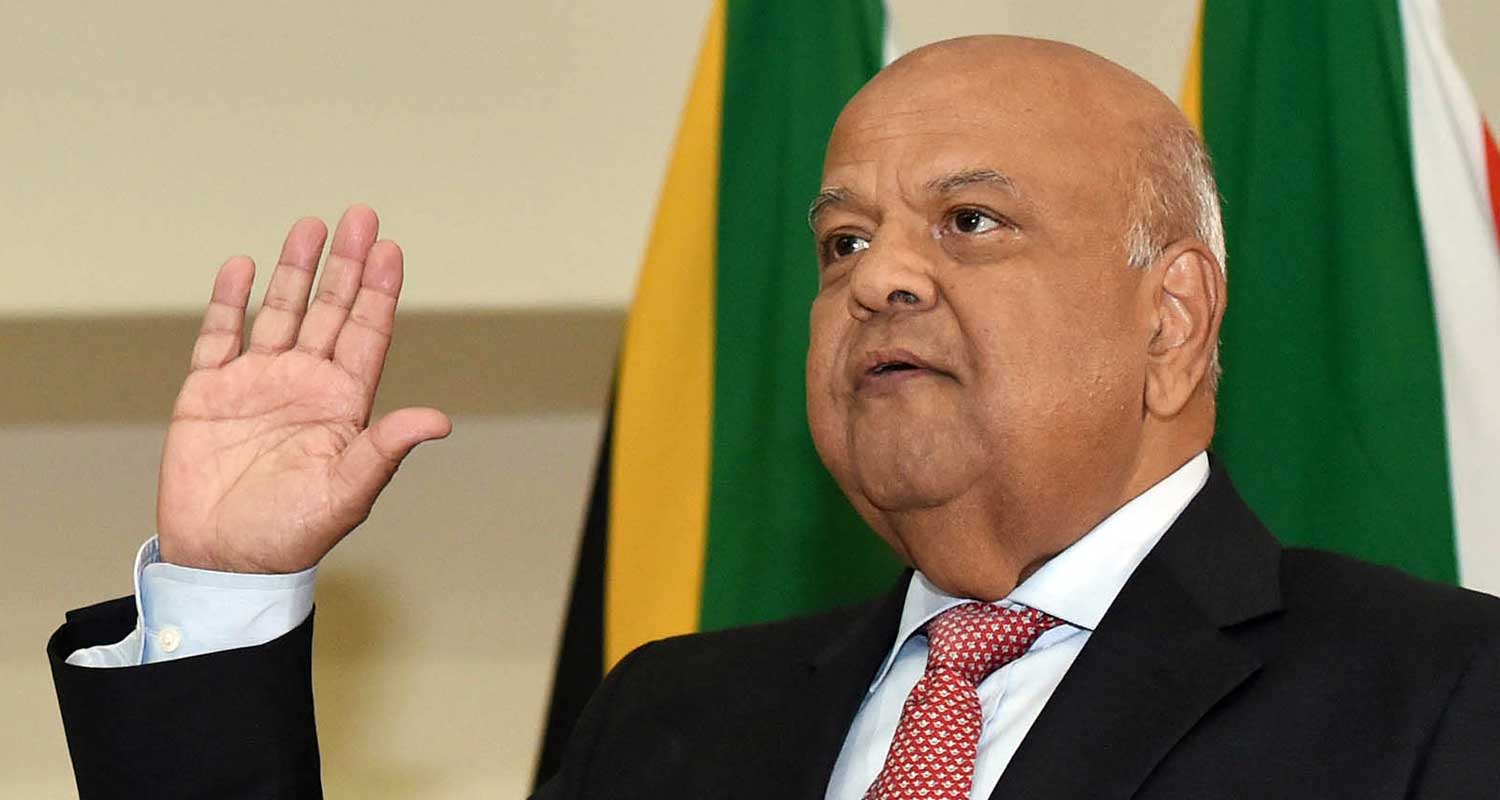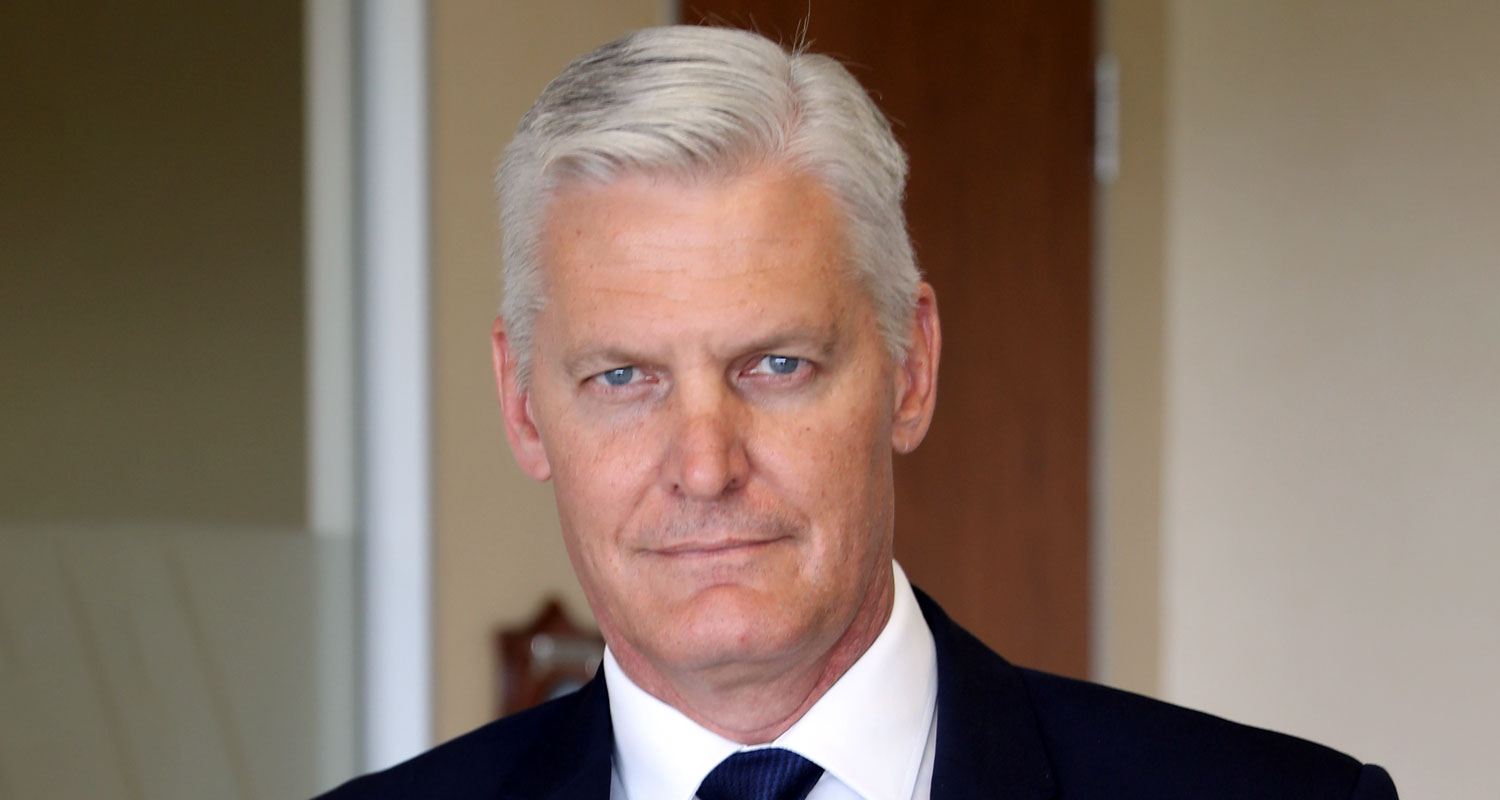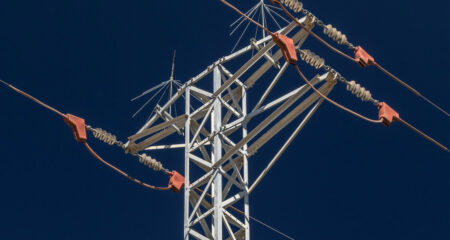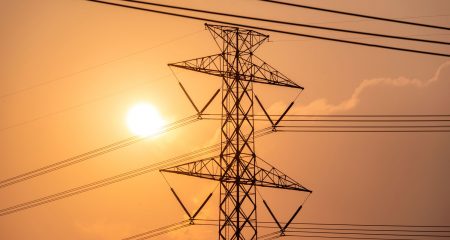
At his appearance before parliament on Wednesday to respond to former Eskom CEO André de Ruyter’s allegations of high-level political involvement in crime and corruption at Eskom, public enterprises minister Pravin Gordhan unfortunately allowed his commentary to degenerate into schoolboy pettiness.
“I am totally against corruption and will not tolerate it, that’s the bottom line. If there is evidence of criminality against you, you must pay the price,” he said. But that was one of the few areas where he and the former CEO seemed to agree.
Asked by ANC MP Bheki Hadebe whether De Ruyter was “covering up his failings at Eskom”, Gordhan grudgingly admitted that the ex-CEO had inherited an organisation with huge financial constraints and that Covid had meant the maintenance of Koeberg was delayed, for instance, because the borders were closed and French technicians could not travel. But it was damning with faint praise.
“Regrettably, some human beings find it hard to take a knock. His ego got in the way and his lone ranger management style didn’t help,” said Gordhan. “He attended overseas meetings on his own, but he’ll retort to that. I suppose that is what melodrama is all about…,” said the minister.
Gordhan accused De Ruyter of being “a narcissist” and thinking he was the “only hero in town”. He refuted all claims that he micromanaged staff and spoke to middle managers instead of De Ruyter directly, or gave instructions to a manager at Koeberg. The former Eskom CEO made these allegations in his book, Truth to Power, which was published this week. “Why tell lies and indulge in character assassination,” responded Gordhan.
“There is no doubt there is a link between corruption and sabotage and what is happening at Eskom. Corruption plays a big part, from the past and present. But fake political narratives and blame placed on the ruling party is not the way to go, “ he said. “It is also expected of Eskom that systems and technologies should have been put in place to deal with it, to analyse it and trace its origins.”
‘Arrogance’
Gordhan said nothing new had been added to the discourse, that everyone know that Mpumalanga was where the majority of the corruption was centred, and that it was the CEO’s responsibility to make sure that law enforcement followed up on charges. He did concede that De Ruyter had had interviews with the police, with the Hawks, the National Prosecuting Authority and the head of the Special Investigating Unit, and even commissioned a report to try to get to the bottom of the crime at the entity.
Read: Eskom crisis to cost ANC dearly at the polls
“He was not a whistle-blower or a messenger, he was the head of the institution. He applied for the job; he was interviewed; he accepted the position. But he lacked humility. His arrogance meant he couldn’t listen or reflect or listen to other people’s ideas. But then, of course, that might not apply to such sophisticated people who are so much better than all of us.”
Read: Gordhan undermined Eskom management: De Ruyter
It was De Ruyter’s interview with e.tv’s Annika Larsen that put the final nail in his coffin as far as Gordhan was concerned. The former Eskom CEO told Larsen about the attempt on his life in December, as well as the rampant levels of corruption at the power utility.
Read: Eskom corruption is killing South Africa
“My rough estimate of the amount of money that gets stolen at Eskom every month is in the region of a R1-billion,” he said in the February interview with Larsen. He also alleged that a “high-level politician” was involved in widescale corruption during his tenure and that a cabinet minister was aware of this. Neither the politician nor the minister was named, but these are the claims which seem to be rankling. Gordhan specifically refused to name the minister.

De Ruyter could have had a “technical interview, with a measured approach”, said Gordhan. “But he maligned individuals and used ‘swart gevaar’ tactics. Those of us who were activists in the 1970s were reminded of PW Botha and apartheid, when we were all seen as terrorists of one kind or another. So, perhaps this is all about politics and personal issues,” said Gordhan.
Is it any wonder that Eskom is in the state it’s in if Gordhan’s approach in parliament on Wednesday is indicative of the level of debate in government around the utility. – © 2023 NewsCentral Media
- The author, Sandra Laurence, is assistant editor at TechCentral




